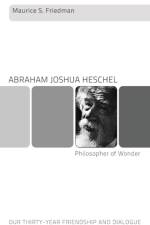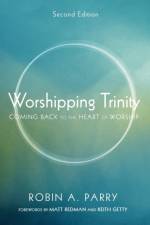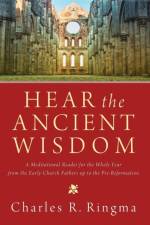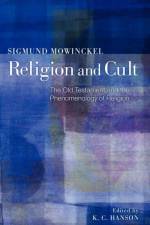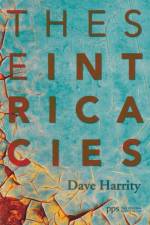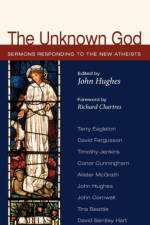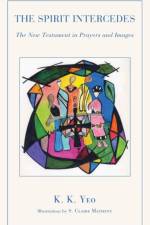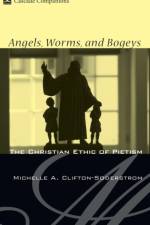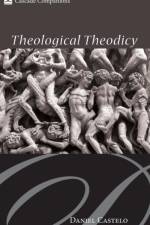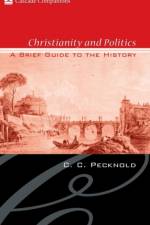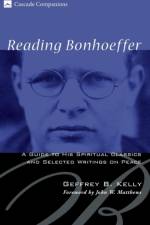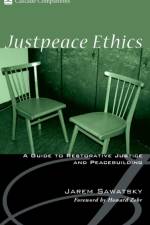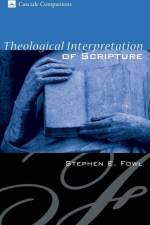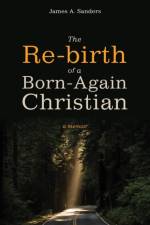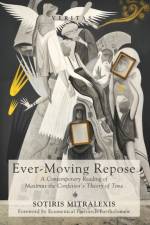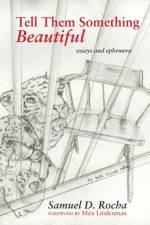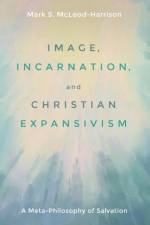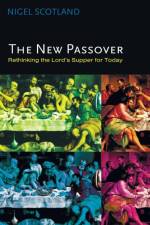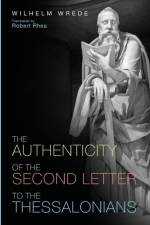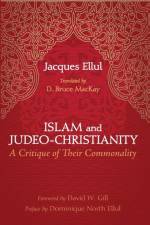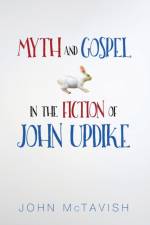- A Meditational Reader for the Whole Year from the Early Church Fathers Up to the Pre-Reformation
av Charles R Ringma
485
There is a hunger in the modern world for spirituality. One vast resource of spiritual wisdom comes from the pre-Reformation church--from the martyrs of the first centuries of Christianity, through the long tradition of monasticism, to the medieval Christian mystics. These are the deep wells of Christian reflection from persons such as John Chrysostom, Augustine, Benedict, Francis of Assisi, Bonaventure, Bernard of Clairvaux, Meister Eckhart, Hildegard of Bingen, and Julian of Norwich, to mention just a few. The spiritual insights of over seventy men and women of pre-Reformation Christianity are found in these pages. From these figures we can learn more about the practices of prayer and contemplation, a life of following Christ, the relevance of community, the challenge of asceticism, the movement of withdrawal and engagement, the love of God for God's own sake, living the gospel, sacrificing for the kingdom of God, the longing for union with God, the practices of justice, and a life of prophetic witness. For us, so embedded and shaped by the modern world, this ancient wisdom will come as refreshing water and as a breath of fresh air, with the wings of the Spirit and whispers of angels.

